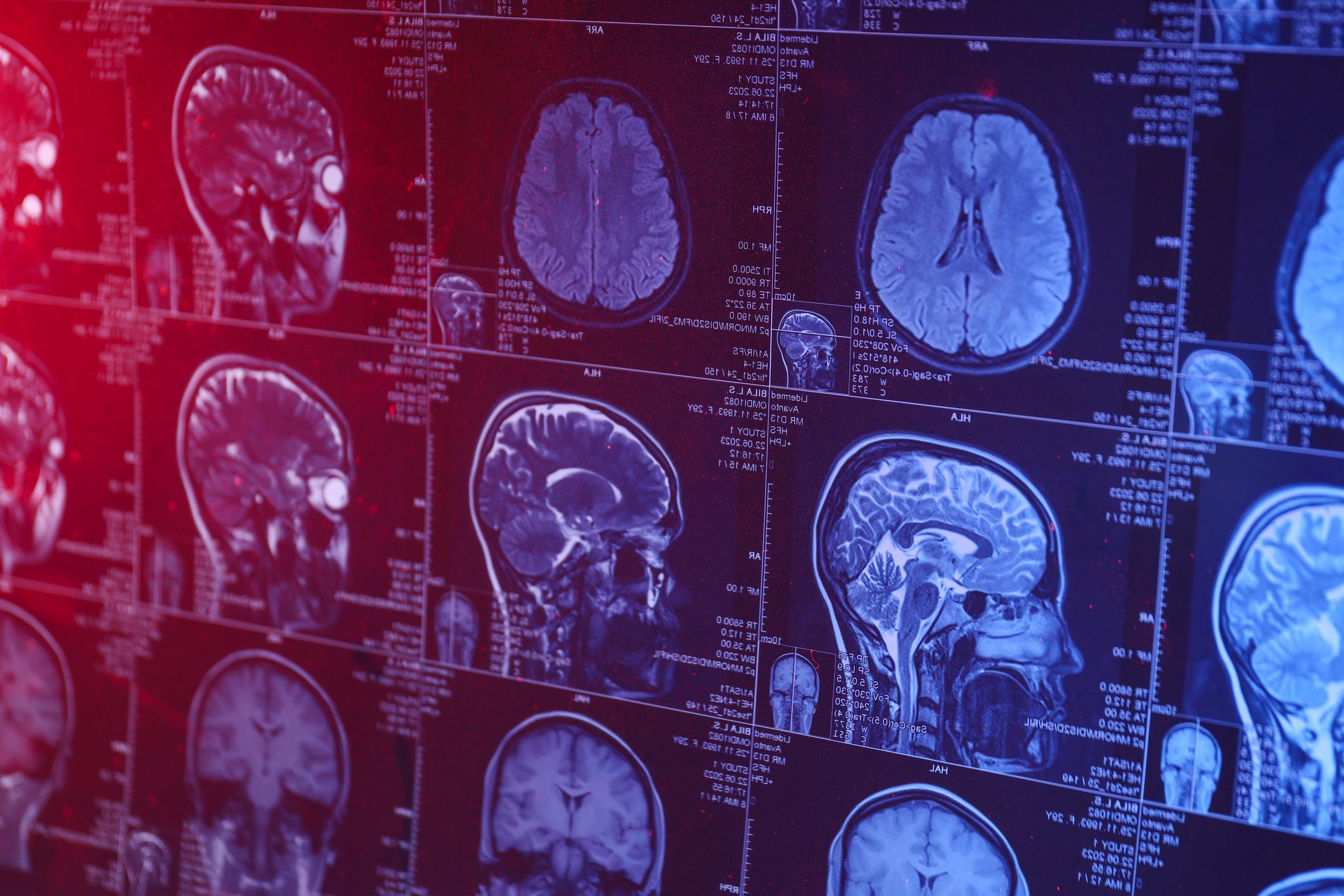Researchers have discovered the neurological circuitry linked to motivation by working on fruit flies.

Playing sports, changing jobs or simply getting up in the morning: many actions require special effort and therefore motivation. From german researchers wanted to know where it came from. They find that motivation is associated with two neurotransmitters.
A study carried out on fruit flies
The research group at the Technical University of Munich worked on fruit flies. These insects are attracted to vinegar or fruit sugar. To reach their food, they are able to fly until exhaustion. In the research, the scientists blocked their upper body to record the movement of their wings. To do this, they created a specific system: when the flies fly, they spin a ball. The speed of the latter gives researchers an indication of the level of effort made by the flies to obtain food.
Flies able to persevere
“Our experience shows that hungry flies constantly improve their performance, up to 9 meters per minute, explains Ilona C. Grunwald Kadow, co-author of the research, when they are full they give up much more quickly.” She says this shows that even simple organisms like flies can show endurance and perseverance.
The role of dopamine and octopamine
The researchers came to another conclusion: they discovered what is happening at the brain level. “The brain of these flies contains a million fewer nerve cells than that of humans, adds the researcher, it is much easier to identify what each neuron does.” With her team, she found that the neurological circuit associated with motivation is located in the part of the brain related to memory and learning. Two neurotransmitters control this area: dopamine and octopamine. Their action is antagonistic, the first increases the activity of this nervous circuit, and therefore increases motivation, while octopamine reduces it. These neurotransmitters and their circuitry are present in the brain of mammals, for the researchers this means that the same processes take place in the human brain. The researchers want to go further and continue their research in order to better understand the phenomena of addiction.
.

















